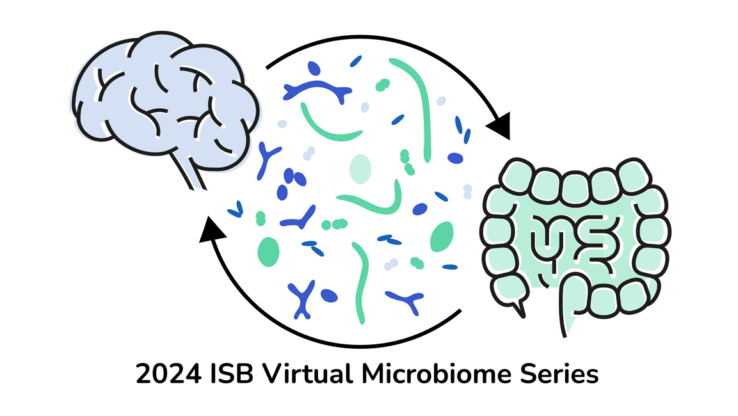Crystal Perez joins the lab
 gibbons.isbscience.org/news/2024/04/02/crystal-perez-joins-the-lab/
gibbons.isbscience.org/news/2024/04/02/crystal-perez-joins-the-lab/
Crystal Perez, an MD/PhD student at the University of Washington (UW) in the Molecular Engineering Program, recently joined the lab.
Crystal graduated from Stanford University with a B.S. and M.S. in Biology. During her time at Stanford, she worked in David Relman’s laboratory on a project investigating arsenic’s impact on the human gut microbiome of individuals chronically exposed through groundwater. She also completed an internship in E. Peter Greenberg’s lab through the UW STAR program, where she spent a summer investigating quorum sensing behavior in Pseudomonas aeruginosa.
She is currently interested in studying the various ways in which microbially-produced metabolites in the human gut influence health outcomes (i.e., contributing to disease etiology or altering responses to treatments).
Outside the lab, Crystal likes to visit coffee shops and breweries as well as spend time outdoors doing yoga and trail running.






